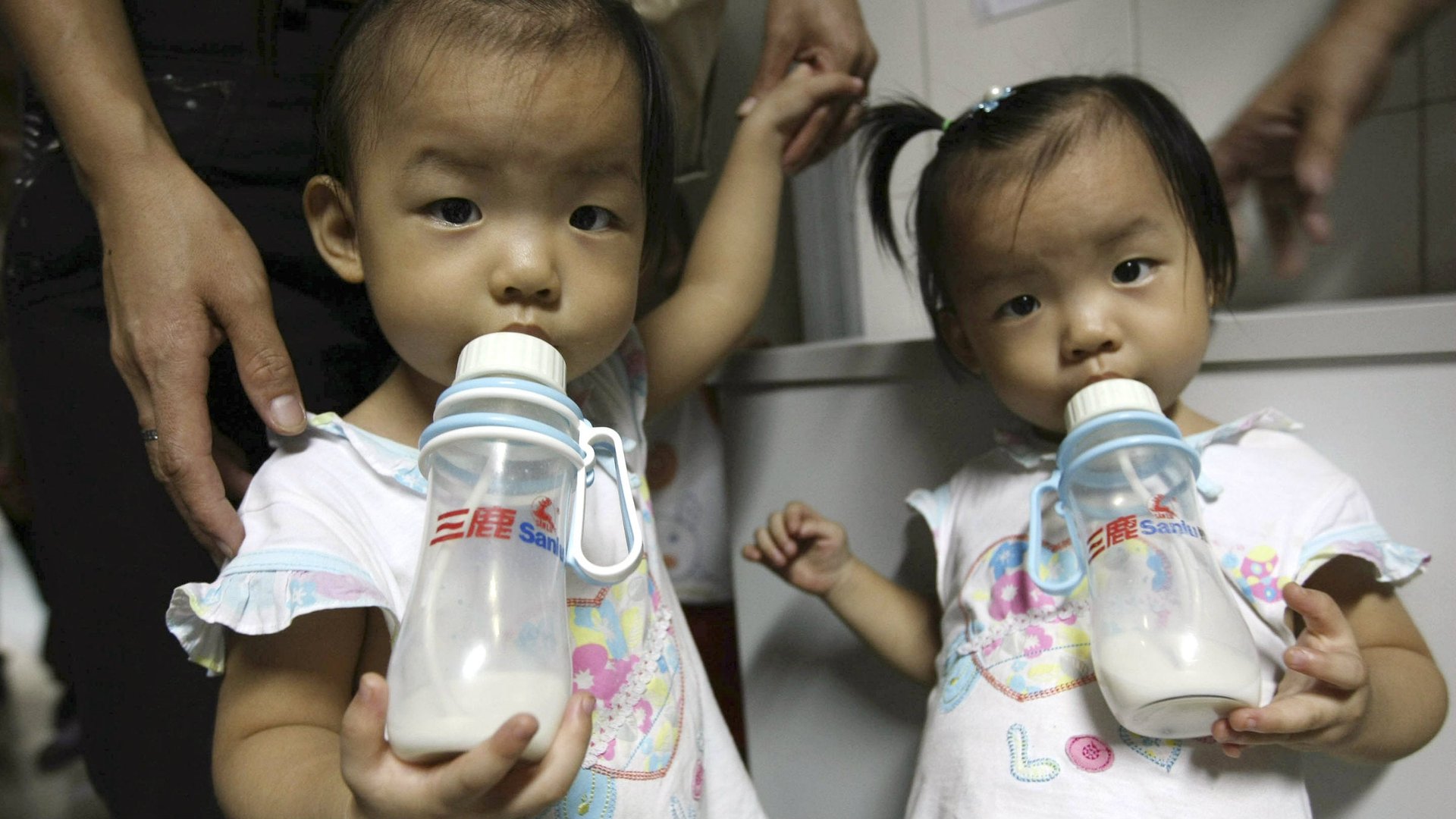The UK is rationing baby formula. It’s high time to fix global supply chains
The news of baby formula rationing at British supermarkets due to ballooning Chinese demand for foreign-made formula underscores the murkiness of supply chains. Anonymous “bulk buyers” hoarded Danone-made brands such as Aptamil for “unofficial export” to China. This, in turn, has exposed the sudden tightness of supply in our just-in-time delivery models.


The news of baby formula rationing at British supermarkets due to ballooning Chinese demand for foreign-made formula underscores the murkiness of supply chains. Anonymous “bulk buyers” hoarded Danone-made brands such as Aptamil for “unofficial export” to China. This, in turn, has exposed the sudden tightness of supply in our just-in-time delivery models.
As my colleague Ahmed el Hady and I wrote last month in a piece in Quartz:
Supply chains have widened and deepened to such an extent that we must now ask ourselves: do we control the supply chains, or do the supply chains control us? …China’s SOEs face no market accountability; their only aim is to cut costs, often at the expense of standards. …The trust networks of factory managers and workers never extend past the next link in the supply chain, let alone to the broader Chinese or global consumer population.
We advocated fuller accountability for products created within such nontransparent layers, such as the baby-formula scandal in China.
Accountability means knowing where the buck stops—something that is increasingly complicated in a supply-chain driven world. Governments can’t fully control what they do not own. They need supply chains to carry out their own functions, and they need to partner with corporations and NGOs if they want to protect and serve their citizens. A franchise business can be more accountable due to strict rules set forth by a powerful parent company. McDonald’s has more capacity to inspect itself, and more incentive to do so to protect its brand, than any government can devote to monitoring efforts.
Indeed, we should watch to see if the UK’s latest action will lead to greater production of baby formula, but also to whether China will respond by improving standards in the domestically-produced formula to regain the trust of its consumers.